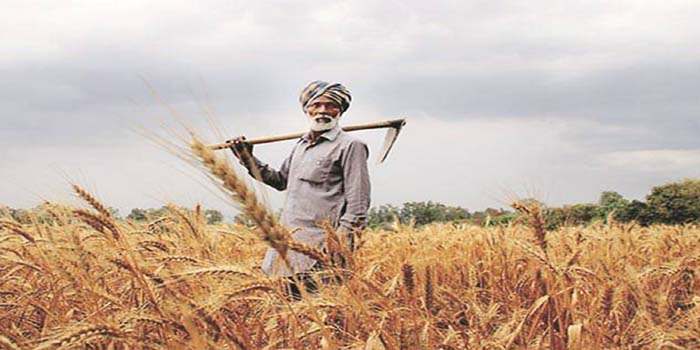JK News Today Special
Jammu, September 28:
President of India Ramnath Kovind has given his assent to farm bills passed by the Parliament last week. With these farmers across the country have got an instant access to bigger markets and a great opportunity to sell their produce at the price they wish after negotiating with multiple buyers. This regulation for the farming community in the country is going to be a spring board for their further progress and prosperity – this is natural consequence when the avenues expand .
Certain fundamentals are to be understood – what is the scene of agriculture in the country . There are big farmers , very few of them, and poor farmers , a lot many of them. The Agriculture sector , meaning the farming community, has been exploited by one means or the other because their options were limited Rich farmers who doubled as “ Arthiyas” and bought the produce at the Minimum Support Price ( MSP) fixed by the government. It was a good scheme . Its validity lay in the scheme that farers would get this much at least. True, but did farmers get more than MSP . Perhaps not because the middle-men or brokers ensured that farers get less of profit while they could buy and sell at the price fixed by them.
The government through its farm bills has not dismantled the Mandi system nor the MSP. Instead it has facilitated a move where the farmers can now sell their produce to others also. That is where they can negotiate their own prices and earn greater profit that was earlier limited to whatever they could get as per the MSP. There also is an ugly truth that the big farmers used to but the farms before hand and determine the price before the produce could reach “mandis” This exploitation had another dimension , quite often when farmers were hit by natural calamities or run out of money, they would turn to Arthiyas for loan . That would spell double-disaster for them.
Now by virtue of the new farm bills, there would be an end to this exploitation . As a result, the exploiters are unhappy. They are disappointed. In their frustration , they have started opposing the reforms .
The Economist noted that the farmers in India were “ obliged to sell their harvest in designated wholesale markets and set minimum prices for a host of staples. Instead of protecting farmers from the depredations of capitalism, however , these policies have exposed them to new forms of exploitation .’
“The 7,000-odd wholesale markets, for instance, gradually fell under the sway of a class of middlemen—often themselves rich farmers—who fix the terms of sale, create cartels to manipulate supply and often serve as moneylenders, “ the journal said .
It is this exploitation that the Modi government has ended once and for all.




